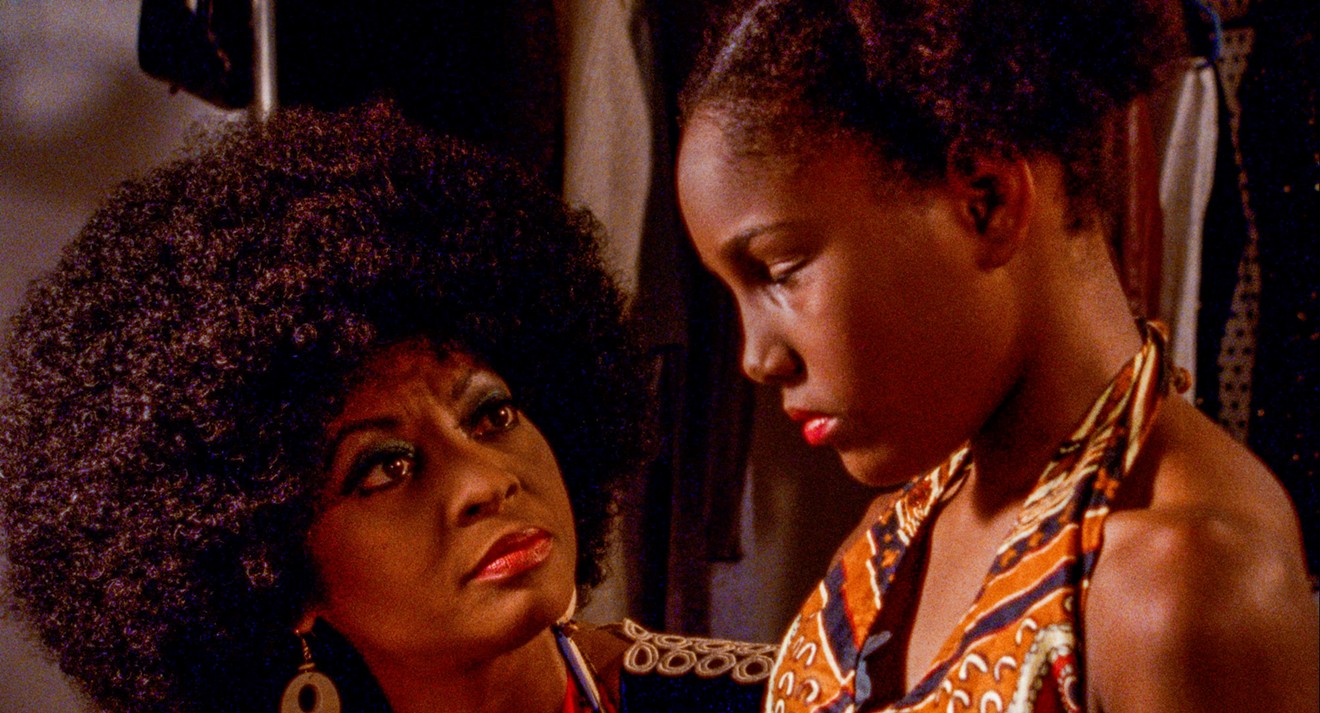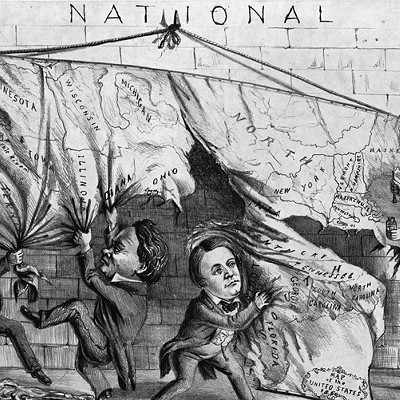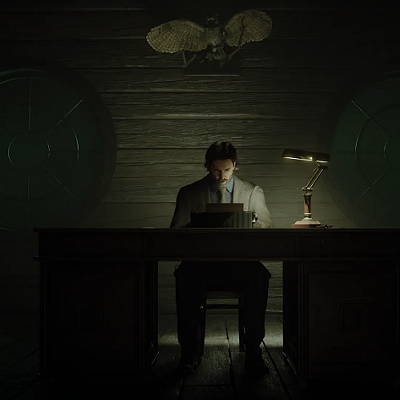Autumn Johnson says she’s always had an interest in film, an interest that took the self-described “theater kid” from AV production classes in middle school to the University of Houston, where she majored in media production and English literature.
That interest also led to an internship with the Museum of Fine Arts, Houston film department in the summer of 2022 and the opportunity to guest program a film series. Johnson returns to the MFAH to curate the second iteration of the film series, “Through the Lens of Black Women: Beauty and Expectations,” which will run February 2-4.
Johnson says her summer with the MFAH film department and a stint as a marketing intern for Houston Cinema Arts Society offered a “great introduction to independent film.” During her time at the MFAH, she also had the opportunity to do in-depth research on Korean independent film for the museum’s annual Korean Film Nights series, which made her “curious to see the other types of cultural independent films that were being made.”
“I think being an African-American woman myself, I always have an interest in wanting to see people that look like me on screen and telling my story,” says Johnson.
In addition, an article in The New York Times – which traced the boom in Black film that started with Spike Lee’s Do the Right Thing in 1989 to its eventual bust as studios turned away from its successes and financial gains to refocus on films “with white directors and white casts” in the 1990s and 2000s – caught Johnson’s attention.
“If studios aren't making those films, there are still those filmmakers working at their craft,” says Johnson. “I was wondering what are those films that they're making, even if they're not backed by the big studios.”
Her research led Johnson to pitch a film series to MFAH Films curator Marian Luntz, which resulted in Johnson guest programming a four-film series last year. Because Johnson found so many classic films made by Black women, she narrowed the focus of this year’s series to beauty and expectations.
“I picked a theme that speaks to me and my upbringing, and what I guess I was searching for all my life in terms of wanting to see a story that really resonated with me,” says Johnson.
The series opens with Mountains, directed by Monica Sorelle, “a beautiful film” that Johnson says focuses on themes that will resonate within communities in big cities across the U.S.: the effects of gentrification.
“Specifically, a minority community,” adds Johnson, as Sorelle’s debut feature finds a Haitian family facing the changing landscape of their Miami neighborhood. The film, Johnson says, addresses “the struggle to want to be in your own culture but also adapt to the cultural shifts and changes you see around.”
The second day of the series will begin with a screening of Raven Jackson’s “visual and poetic” All Dirt Roads Taste of Salt, which spans the life of a Mississippi woman.
“It touches on the coming of age experience as a Black woman, and I think just depicting that there’s a lot of beauty to that experience and how poetic it can be is what I really liked and enjoyed about it,” says Johnson of Jackson’s feature debut. “I think there are a lot of times growing up that we feel shamed or embarrassed or as the outcasts on the bottom tier if you will, and I think it really uplifts how we feel about ourselves.”
Invisible Beauty, about one of the first black supermodels in America, Bethann Hardison, closes the second day of the series with a story that Johnson says she “hadn’t heard before” that she thought was one “important to have shared.”
Following the film about the model-turned-agent-turned-entrepreneur, Johnson will moderate a panel discussion featuring guests Andrea Bonner, the chair of the Consumer Arts & Sciences Center of Excellence at Houston Community College; Amarie Gipson of The Reading Room HTX; and makeup artist and founder of LAMIK Beauty Kim Roxie.
The series concludes with Naked Acts, Bridgett M. Davis’s exploration of how the depictions of Black women in film affect self-image.
“It's really the embodiment of beauty and expectations, like what is a Black woman expected to do on screen when she’s seen, is she sexualized, is she not sexualized, can she be seen as beautiful, are you expecting her to look a certain way…and [it] also deals with how a Black woman may view herself, and I think that rang very true to me,” says Johnson.
If you can only catch one of the four films, Johnson recommends Mountains due to its importance to the community, noting that she “picked it to open up the series for a reason.” Johnson notes, too, that director Monica Sorelle recently won an Independent Spirit Emerging Filmmaker Award, making her “someone to look out for.”
“I think it would be really cool to say you got to see her on the big screen before she really blew up,” says Johnson.
If you’re inspired to delve deeper into films made by Black women, Johnson shared two films that almost made the series that are worth a watch: Lagueria Davis’s Black Barbie: A Documentary (which was acquired by Netflix and Shondaland back in October) and Savannah Leaf’s A24 drama Earth Mama. Johnson, who had just returned from Sundance when we spoke to her, also recommends Tendaberry, a film by Houston-born Hayley Elizabeth Anderson.
“That film was phenomenal,” says Johnson. “I would recommend trying to see it if it ever comes around for theatrical distribution.”
Johnson also has some surprising advice for those interested in deep diving: a reading recommendation – specifically, “Regeneration: Black Cinema 1898-1971” by The Academy Museum.
“It highlights a whole bunch of Black cinema, Black actors, Black filmmakers, Black producers…I have to say that it feels fundamental if people are interested in learning more about Black film,” says Johnson. “That’s where I would send them.”
“Through the Lens of Black Women: Beauty and Expectations” will run February 2–4 at the Museum of Fine Arts, Houston, 1001 Bissonnet. For more information, call 713-639-7515 or visit mfah.org. $7-$9.







